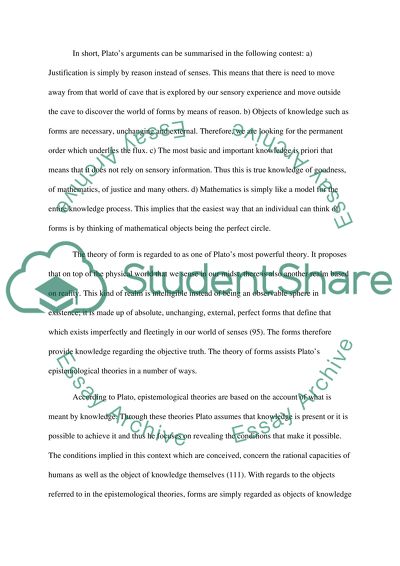Cite this document
(“Plato's Arguments for Rationalism Essay Example | Topics and Well Written Essays - 1000 words”, n.d.)
Plato's Arguments for Rationalism Essay Example | Topics and Well Written Essays - 1000 words. Retrieved from https://studentshare.org/philosophy/1631813-platos-arguments-for-rationalism
Plato's Arguments for Rationalism Essay Example | Topics and Well Written Essays - 1000 words. Retrieved from https://studentshare.org/philosophy/1631813-platos-arguments-for-rationalism
(Plato'S Arguments for Rationalism Essay Example | Topics and Well Written Essays - 1000 Words)
Plato'S Arguments for Rationalism Essay Example | Topics and Well Written Essays - 1000 Words. https://studentshare.org/philosophy/1631813-platos-arguments-for-rationalism.
Plato'S Arguments for Rationalism Essay Example | Topics and Well Written Essays - 1000 Words. https://studentshare.org/philosophy/1631813-platos-arguments-for-rationalism.
“Plato'S Arguments for Rationalism Essay Example | Topics and Well Written Essays - 1000 Words”, n.d. https://studentshare.org/philosophy/1631813-platos-arguments-for-rationalism.


